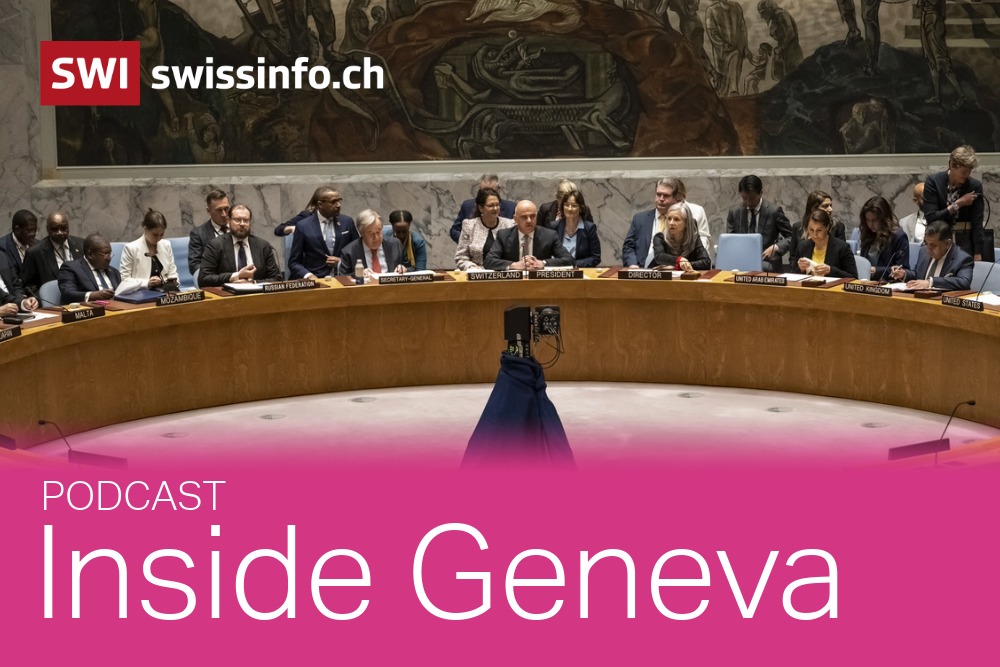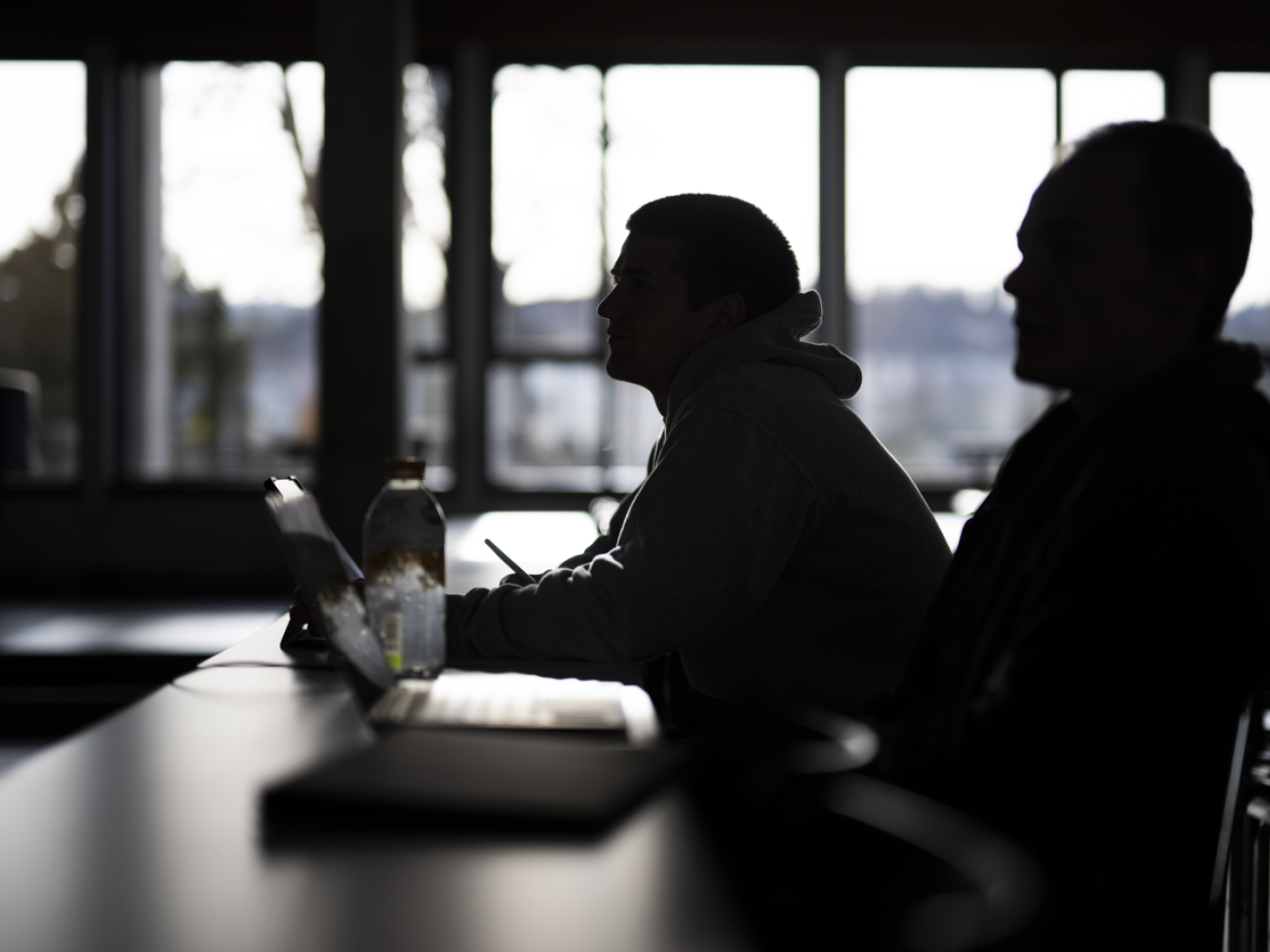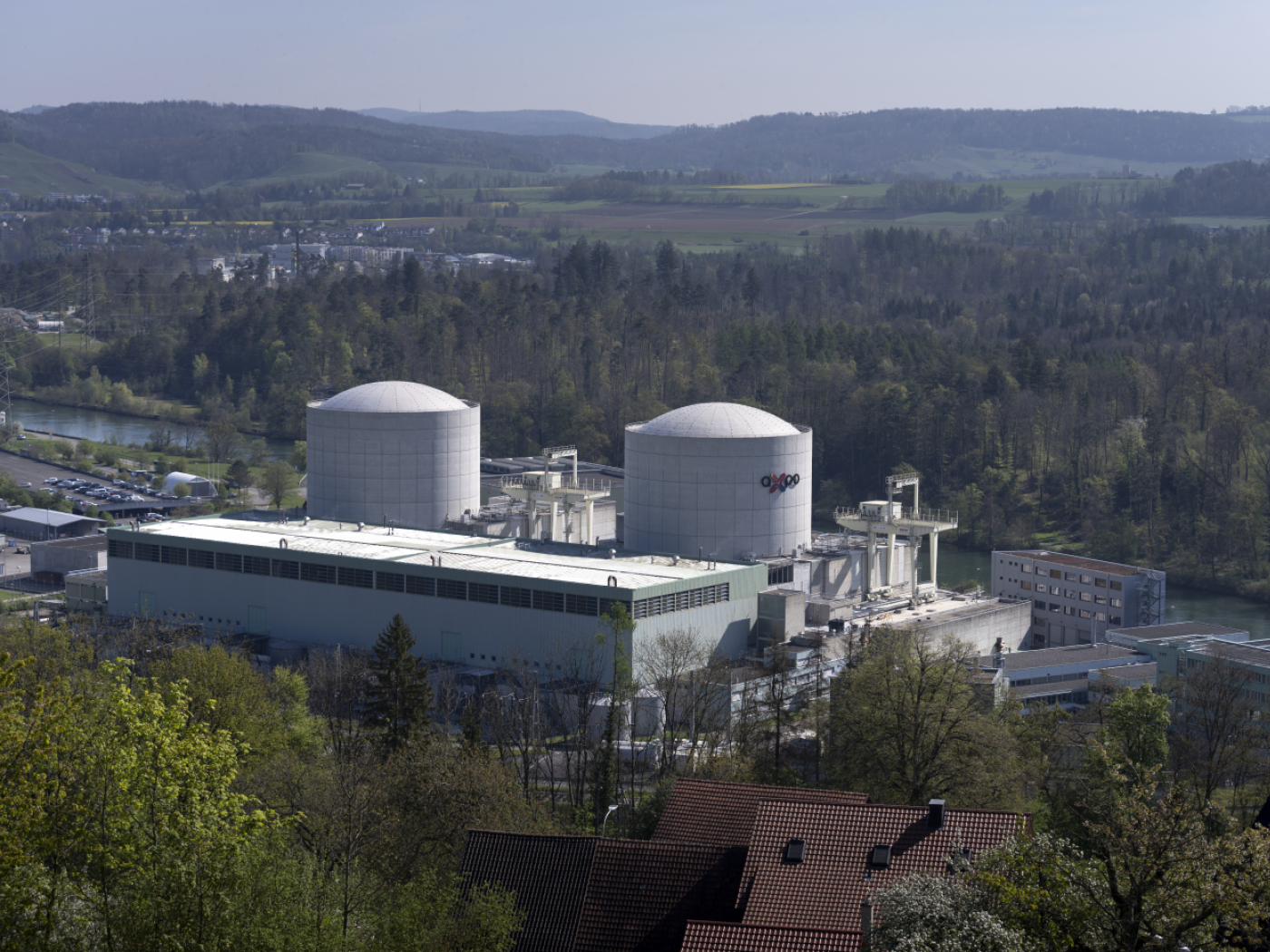
Swiss minister warns of conflicts and climate change at UN

At the UN General Assembly in New York, the defence minister expressed concern about human rights violations and a “blatant disregard for internationally recognised borders” around the world.
Since 2002, the year Swiss voters decided to join the UN, “the world has changed, but not our principles”, said Amherd on Tuesday during the 79th session of the UN General Assembly.
“Force risks taking precedence over law, and the use of force has increased considerably,” she warned. “The world must not be divided into blocs. This means we must be prepared to negotiate with all major regions of the world.” International law must always be the basis for efforts to promote peace and security, she added.
+ Get the most important news from Switzerland in your inbox
Amherd, who currently holds Switzerland’s rotating presidency, cited conflicts and violations of humanitarian law in Myanmar, Ukraine, the Middle East and Sudan. She mentioned the need for ceasefire resolutions in Gaza and Sudan in particular.
“It is urgent that these resolutions be implemented and respected. We also urge an immediate return to a total cessation of hostilities on both sides of the Blue Line [which marks the Lebanese-Israeli border as well as Lebanon’s border with the Golan Heights],” she said.
Amherd also deplored the heavy toll paid by civilian populations in conflict zones and underlined Switzerland’s commitment to promoting peace.

More
Can UN ‘Summit of the Future’ tackle world’s toughest challenges?
Climate change, misinformation
On the climate, Amherd said it was “crucial to take courageous measures for the future. Many international agreements on the environment are not being implemented or are being implemented inadequately. This is leading to massive destruction”.
She expressed concern at the increase in misinformation, “which undermines the freedom of opinion based on facts. Private and state actors are spreading false information […] in order to stir up polarisation. Disinformation is poison”.
Arguing in favor of multilateralism, Amherd went on to say that “we need a framework in which we can work together, in partnership, to find solutions. The UN offers just such a framework. It’s up to us to make the institution stronger”.
Adapted from French by DeepL/dos
This news story has been written and carefully fact-checked by an external editorial team. At SWI swissinfo.ch we select the most relevant news for an international audience and use automatic translation tools such as DeepL to translate it into English. Providing you with automatically translated news gives us the time to write more in-depth articles.
If you want to know more about how we work, have a look here, if you want to learn more about how we use technology, click here, and if you have feedback on this news story please write to english@swissinfo.ch.

In compliance with the JTI standards
More: SWI swissinfo.ch certified by the Journalism Trust Initiative











































You can find an overview of ongoing debates with our journalists here . Please join us!
If you want to start a conversation about a topic raised in this article or want to report factual errors, email us at english@swissinfo.ch.